The Union agriculture minister, however, has a word of caution that being an agriculture-dependent economy, farmers should get 'proper' prices.
The price situation will ease in the coming days with good prospects of rabi crop coupled with growing availability of sugar and pulses from abroad, says agriculture minister Sharad Pawar, who is pained over the attacks on him over the issue.
A veteran of many a political crisis and Minister in charge of Agriculture, Food, Civil Supplies and Consumer Affairs for the last over five years, he, however, has a word of caution that being an agriculture dependent economy, farmers should get "proper" prices.
Seeking to take the wind out of the opposition attack over high prices of essential commodities, he said in an interview that several non-Congress governments have written to the Centre for enhancement of the Minimum Support Price fixed for paddy, an important ingredient that will reflect in the prices.
But, in good news for the consumer hit hard by the price spiral, he says that prices of pulses are going down steadily and those of sugar are softening.
He said a review of the rabi season showed there would be "very good" crop of wheat and an "improvement" in rice production and their buffer stock is "quite comfortable".
Besides, Pawar said the procurement of paddy by January 20 this year was 193 lakh tonne, slightly less than previous year's 198 lakh tonne.
As regards pulses, Pawar said "fortunately, the trend is downward. Prices are going down, if not very much, but by Rs two to Rs three per kg. We expect that the same trend will continue."
The agriculture minister also said that the rabi crop area under pulses was more, and "day by day situation will improve."
On sugar, he said futures market was showing that international prices were softening and "this will help us get the sweetener at a lesser price."
In the last few days, the prices have come down from Rs 4,000 per quintal to Rs 3,600 per quintal, he said adding "I hope it will reflect in retail."
Besides, Pawar said the prices of pulses are high because major pulse supplying countries themselves are facing a shortfall and have enhanced prices. "It has reflected in domestic prices," he said.
He said that MMTC and STC are importing pulses and government is bearing a loss of Rs 50 per kg and total loss is to the tune of Rs 400 crore. Private sector is also importing in a big way.
"I have to accept that prices of certain items like pulses and sugar are up, which is really affecting the budget of the common man and fixed income groups as there is insufficient production," Pawar admitted.
Sugar prices have more than doubled since January 2009 and is ruling at Rs 43 a kg in the national capital. Pulses are ruling high, with arhar being sold at about Rs 85 a kg.
Pawar said another redeeming feature is that now a substantial area is being brought under sugarcane by farmers, who had shifted away to other crops recently. "I found lot of interest among farmers for going in for the crop during visits to Maharashtra," he added.
Explaining the problem about sugarcane, he said it goes through a five-year cycle. "Two years are bad from the consumer angle and three years are bad for sugarcane growers and good for consumers," he said.
A welcome development is that now Brazil has got a good sugarcane crop where production in factories would start soon, he said.
Pawar projected that the high prices of certain commodities was due to the lethal mix of insufficient rains in as many as 312 districts of the country and less production in countries producing sugar and pulses.
![submenu-img]() Vicky Vidya Ka Woh Wala Video: 90s' news readers Rajkummar Rao, Triptii Dimri announce ‘parivarik’ film in hilarious way
Vicky Vidya Ka Woh Wala Video: 90s' news readers Rajkummar Rao, Triptii Dimri announce ‘parivarik’ film in hilarious way![submenu-img]() Weather Update: IMD predicts rainfall in Delhi till this day; issues red alert for these states; check full forecast
Weather Update: IMD predicts rainfall in Delhi till this day; issues red alert for these states; check full forecast![submenu-img]() After Shakib Al Hasan, Ex-Bangladesh captain Mashrafe Mortaza booked for...
After Shakib Al Hasan, Ex-Bangladesh captain Mashrafe Mortaza booked for...![submenu-img]() AlphaVision Management Consultants LLP Aims to Propel India's Economy to $5 Trillion Milestone
AlphaVision Management Consultants LLP Aims to Propel India's Economy to $5 Trillion Milestone![submenu-img]() Premium Pet House Sells 300 Golden Retriever Puppies In August; Addresses The Breed’s Increasing Demand In India
Premium Pet House Sells 300 Golden Retriever Puppies In August; Addresses The Breed’s Increasing Demand In India![submenu-img]() कर्नाटक में गणेश विसर्जन के दौरान भड़की सांप्रदायिक हिंसा, कई दुकानें, मोटरसाइकिलें आग के हवाले, ऐसे शुरू हुआ विवाद
कर्नाटक में गणेश विसर्जन के दौरान भड़की सांप्रदायिक हिंसा, कई दुकानें, मोटरसाइकिलें आग के हवाले, ऐसे शुरू हुआ विवाद![submenu-img]() 'उनकी लड़ाई कुर्सी की, मेरे लिए कश्मीर...' तिहाड़ से छूटते NC-PDP पर बरसे राशिद इंजीनियर
'उनकी लड़ाई कुर्सी की, मेरे लिए कश्मीर...' तिहाड़ से छूटते NC-PDP पर बरसे राशिद इंजीनियर![submenu-img]() Haryana Elections: जुलाना में कांग्रेस-AAP के बीच 'दंगल', पहलवान विनेश फोगाट के खिलाफ WWE रेसलर को उतारा
Haryana Elections: जुलाना में कांग्रेस-AAP के बीच 'दंगल', पहलवान विनेश फोगाट के खिलाफ WWE रेसलर को उतारा ![submenu-img]() Weather Updates: दिल्ली-नोएडा में बारिश को लेकर अलर्ट जारी, जानिए यूपी-बिहार में कैसा रहेगा आज का मौसम
Weather Updates: दिल्ली-नोएडा में बारिश को लेकर अलर्ट जारी, जानिए यूपी-बिहार में कैसा रहेगा आज का मौसम![submenu-img]() Cholesterol Remedies: नसों में जमा Bad Cholesterol �बाहर कर देगा आंवले का जूस, जानें रेसिपी
Cholesterol Remedies: नसों में जमा Bad Cholesterol �बाहर कर देगा आंवले का जूस, जानें रेसिपी![submenu-img]() This car sets new Guinness world record for becoming longest driving EV on a single charge; it cost Rs…
This car sets new Guinness world record for becoming longest driving EV on a single charge; it cost Rs…![submenu-img]() MG Windsor EV launched in India: Check price, features, design of India’s first ‘CUV’
MG Windsor EV launched in India: Check price, features, design of India’s first ‘CUV’![submenu-img]() Nikhil Kamath-backed company to compete with Ola Electric as it plans to launch…
Nikhil Kamath-backed company to compete with Ola Electric as it plans to launch…![submenu-img]() Auto giant gifts Olympic medallist Manu Bhaker this car, it costs Rs...
Auto giant gifts Olympic medallist Manu Bhaker this car, it costs Rs...![submenu-img]() Union Minister Nitin Gadkari says this big carmaker ignored his advice on EVs, 'now they've…'
Union Minister Nitin Gadkari says this big carmaker ignored his advice on EVs, 'now they've…'![submenu-img]() Meet Alankrita Shakshi, hired for record-breaking package at Google, not from IIT, IIM, her whopping salary is…
Meet Alankrita Shakshi, hired for record-breaking package at Google, not from IIT, IIM, her whopping salary is…![submenu-img]() Meet woman who left high-paying engineering job to crack UPSC exam, got AIR 6 with self-study, she is now posted as…
Meet woman who left high-paying engineering job to crack UPSC exam, got AIR 6 with self-study, she is now posted as…![submenu-img]() Meet man, who was forced to marry at 11, had first child at 20, cracked NEET exam in 5th attempt, he is now...
Meet man, who was forced to marry at 11, had first child at 20, cracked NEET exam in 5th attempt, he is now...![submenu-img]() Meet woman, who worked as an assistant professor, cracked UPSC exam in fifth attempt, got AIR...
Meet woman, who worked as an assistant professor, cracked UPSC exam in fifth attempt, got AIR...![submenu-img]() Meet Indian genius who completed PhD at 21, became IIT professor at 22, was sacked from job after few years due to...
Meet Indian genius who completed PhD at 21, became IIT professor at 22, was sacked from job after few years due to...![submenu-img]() BSF Jawan Injured As Pakistan Violates Ceasefire Near LoC Days Before Jammu Kashmir Elections 2024
BSF Jawan Injured As Pakistan Violates Ceasefire Near LoC Days Before Jammu Kashmir Elections 2024![submenu-img]() Rahul Gandhi US Visit: Rahul Gandhi Criticizes BJP And RSS At National Press Club, US | INDIA
Rahul Gandhi US Visit: Rahul Gandhi Criticizes BJP And RSS At National Press Club, US | INDIA![submenu-img]() Kolkata Doctor Case: ED Reveals Properties Of RG Kar Ex-Principal Sandip Ghosh Found In Raids
Kolkata Doctor Case: ED Reveals Properties Of RG Kar Ex-Principal Sandip Ghosh Found In Raids![submenu-img]() Manipur Violence: Curfew Imposed In Three Manipur Districts Amid Drone, Rocket Attacks By Insurgents
Manipur Violence: Curfew Imposed In Three Manipur Districts Amid Drone, Rocket Attacks By Insurgents![submenu-img]() Kolkata Doctor Case: Victim's Mother Blasts CM Mamata Banerjee's 'Insensitive' Durga Puja call
Kolkata Doctor Case: Victim's Mother Blasts CM Mamata Banerjee's 'Insensitive' Durga Puja call![submenu-img]() AlphaVision Management Consultants LLP Aims to Propel India's Economy to $5 Trillion Milestone
AlphaVision Management Consultants LLP Aims to Propel India's Economy to $5 Trillion Milestone![submenu-img]() This car sets new Guinness world record for becoming longest driving EV on a single charge; it cost Rs…
This car sets new Guinness world record for becoming longest driving EV on a single charge; it cost Rs…![submenu-img]() Ratan Tata's company loses Rs 21881 crore in 6 hrs due to...
Ratan Tata's company loses Rs 21881 crore in 6 hrs due to...![submenu-img]() Meet man, who was abandoned as child, runs Rs 3608487 crore company, richer than Mark Zuckerberg, his net worth is...
Meet man, who was abandoned as child, runs Rs 3608487 crore company, richer than Mark Zuckerberg, his net worth is...![submenu-img]() Meet woman who became CEO at 30, has this Mukesh Ambani, Isha Ambani link, she is...
Meet woman who became CEO at 30, has this Mukesh Ambani, Isha Ambani link, she is...![submenu-img]() This actress became star at 11, was shot dead by husband on son's birthday; then her daughter...
This actress became star at 11, was shot dead by husband on son's birthday; then her daughter...![submenu-img]() Carlos Alcaraz to Aryna Sabalenka: World’s highest-paid Tennis players of 2024
Carlos Alcaraz to Aryna Sabalenka: World’s highest-paid Tennis players of 2024![submenu-img]() Made in Rs 6 lakh, grossed Rs 800 crore, bigger than RRR, Jawan: Why most profitable film ever paid actors just Rs 20000
Made in Rs 6 lakh, grossed Rs 800 crore, bigger than RRR, Jawan: Why most profitable film ever paid actors just Rs 20000![submenu-img]() Priyanka Chopra stuns in black, poses with Kim Kardashian, Julianne Moore, Salma Hayek at Caring for Women dinner
Priyanka Chopra stuns in black, poses with Kim Kardashian, Julianne Moore, Salma Hayek at Caring for Women dinner![submenu-img]() US 9/11 attack: 7 lesser known facts about September 11 terror attack
US 9/11 attack: 7 lesser known facts about September 11 terror attack![submenu-img]() Weather Update: IMD predicts rainfall in Delhi till this day; issues red alert for these states; check full forecast
Weather Update: IMD predicts rainfall in Delhi till this day; issues red alert for these states; check full forecast![submenu-img]() Premium Pet House Sells 300 Golden Retriever Puppies In August; Addresses The Breed’s Increasing Demand In India
Premium Pet House Sells 300 Golden Retriever Puppies In August; Addresses The Breed’s Increasing Demand In India![submenu-img]() J-K: Two terrorists killed in intense encounter near Kathua-Udhampur border
J-K: Two terrorists killed in intense encounter near Kathua-Udhampur border![submenu-img]() BJP members protest against Rahul Gandhi over his 'Sikh remarks' in US, seeking...
BJP members protest against Rahul Gandhi over his 'Sikh remarks' in US, seeking...![submenu-img]() J&K terror funding case: ‘My fight is for…’, says MP Engineer Rashid after walking out of Tihar jail on bail ahead of…
J&K terror funding case: ‘My fight is for…’, says MP Engineer Rashid after walking out of Tihar jail on bail ahead of…













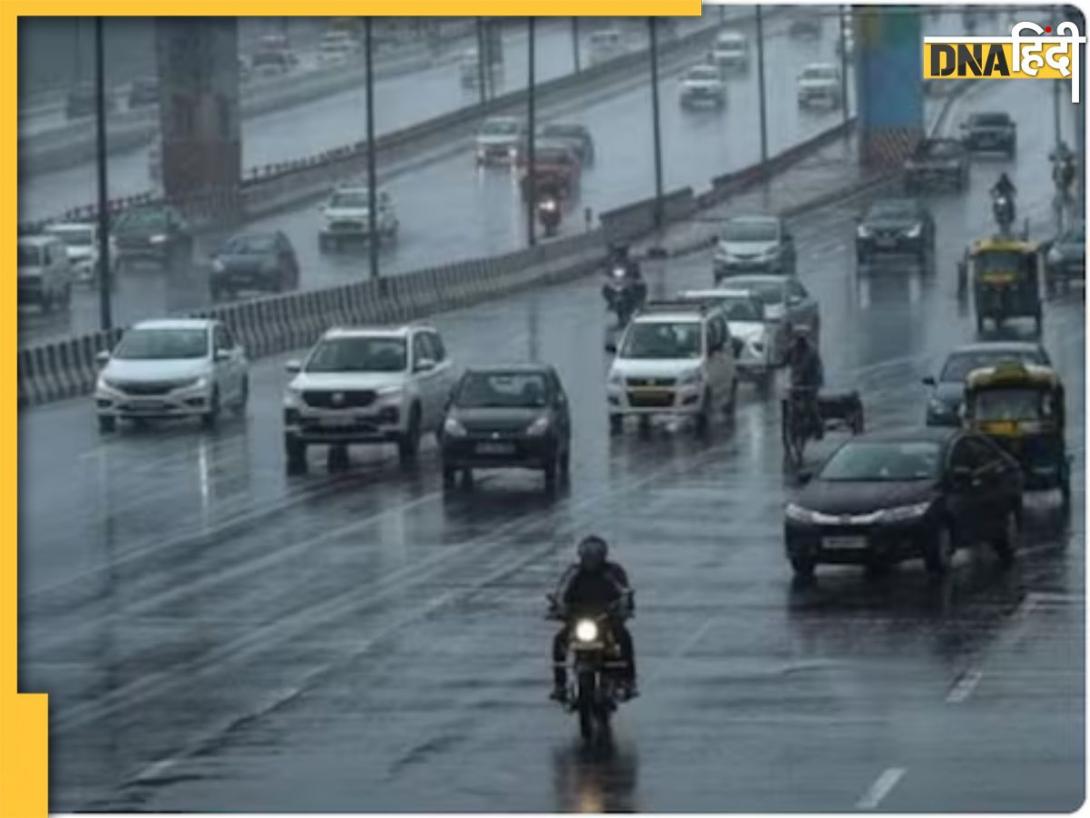
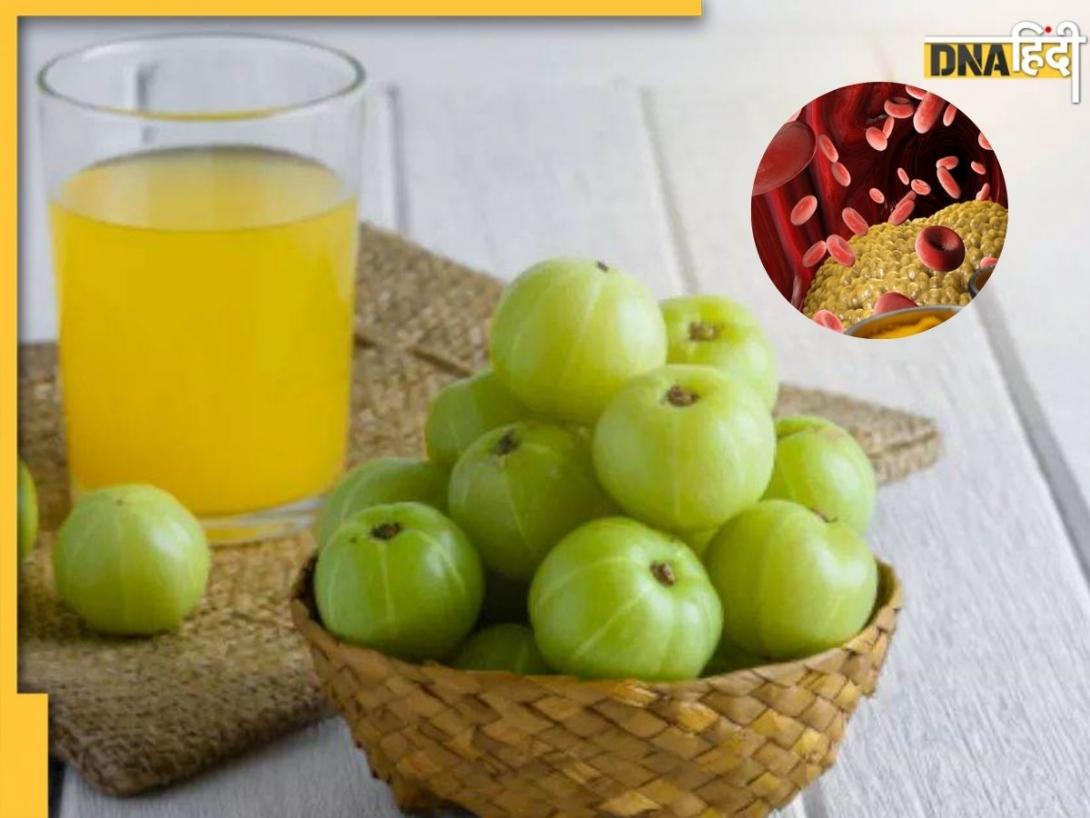















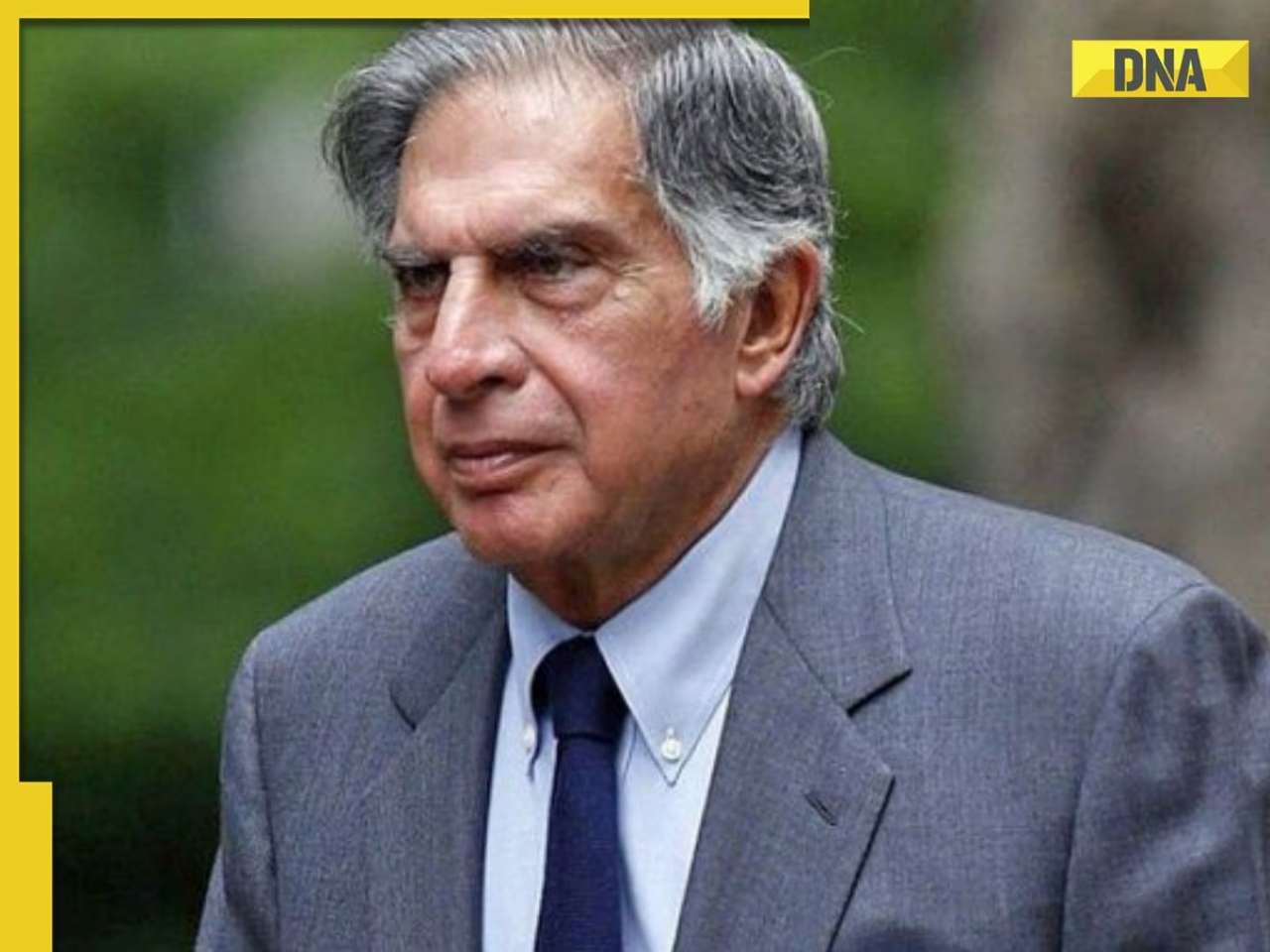









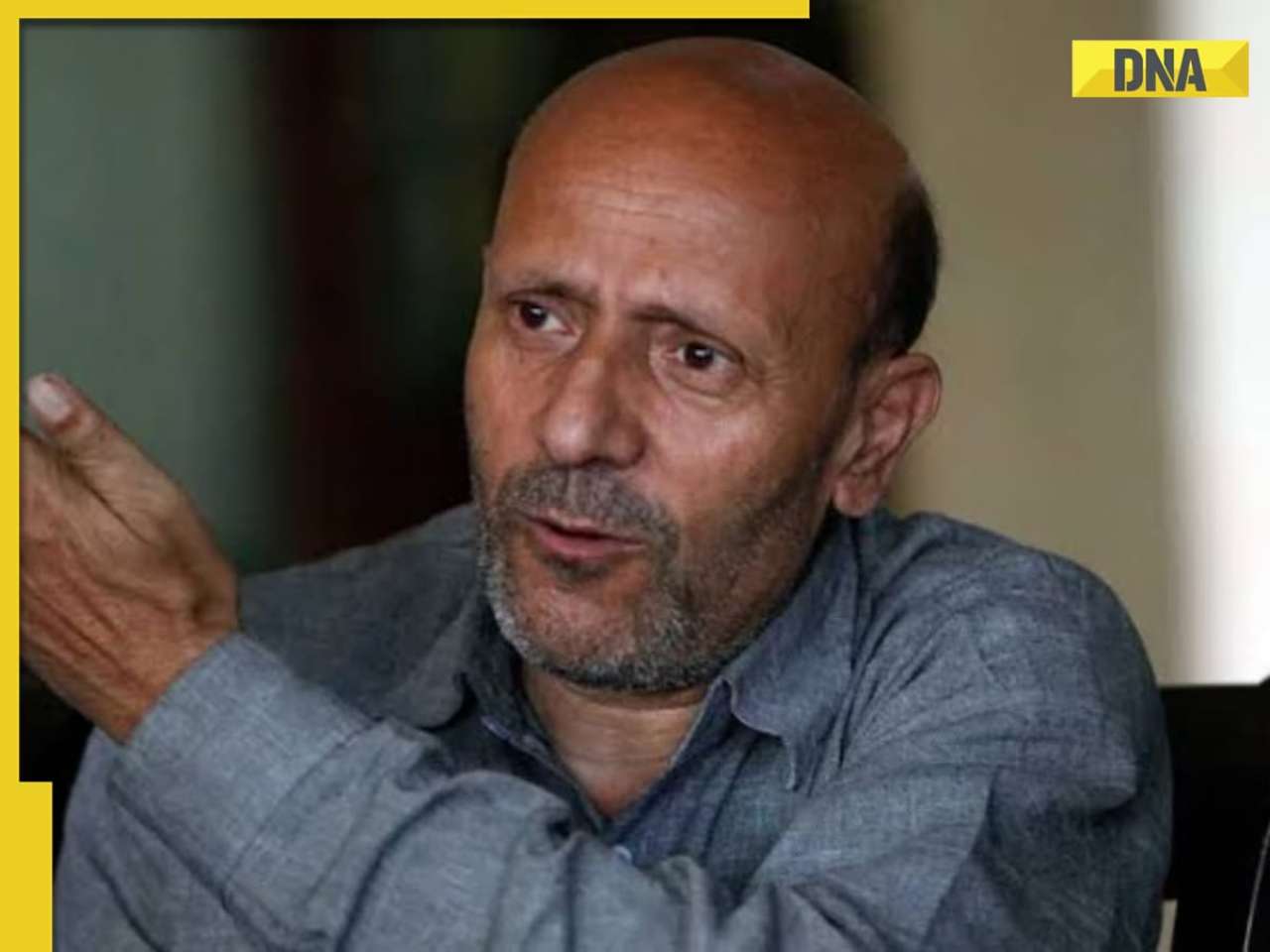


)
)
)
)
)
)
)
)
)
)
)
)
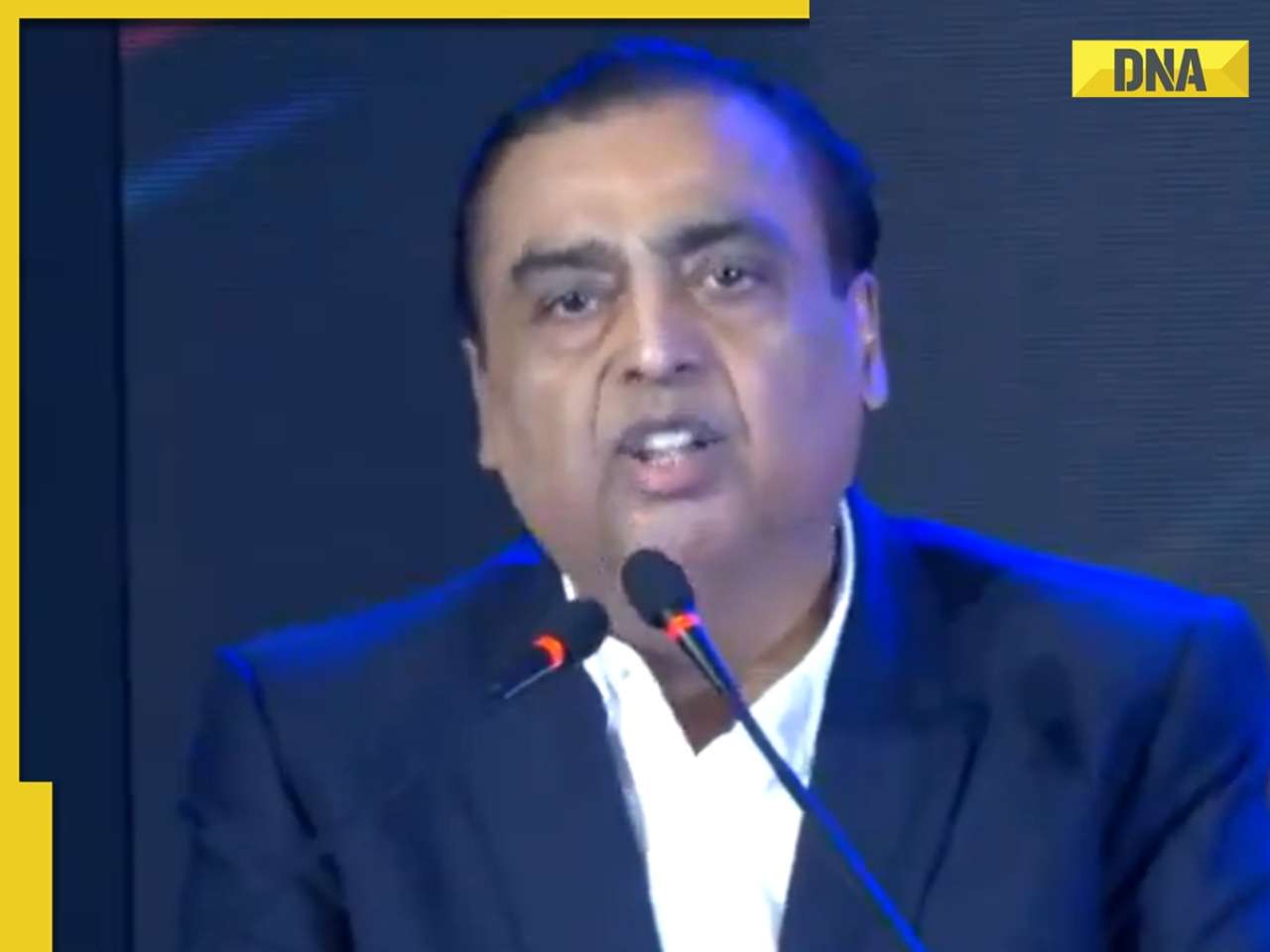)
)





)
)
)
)
)
)